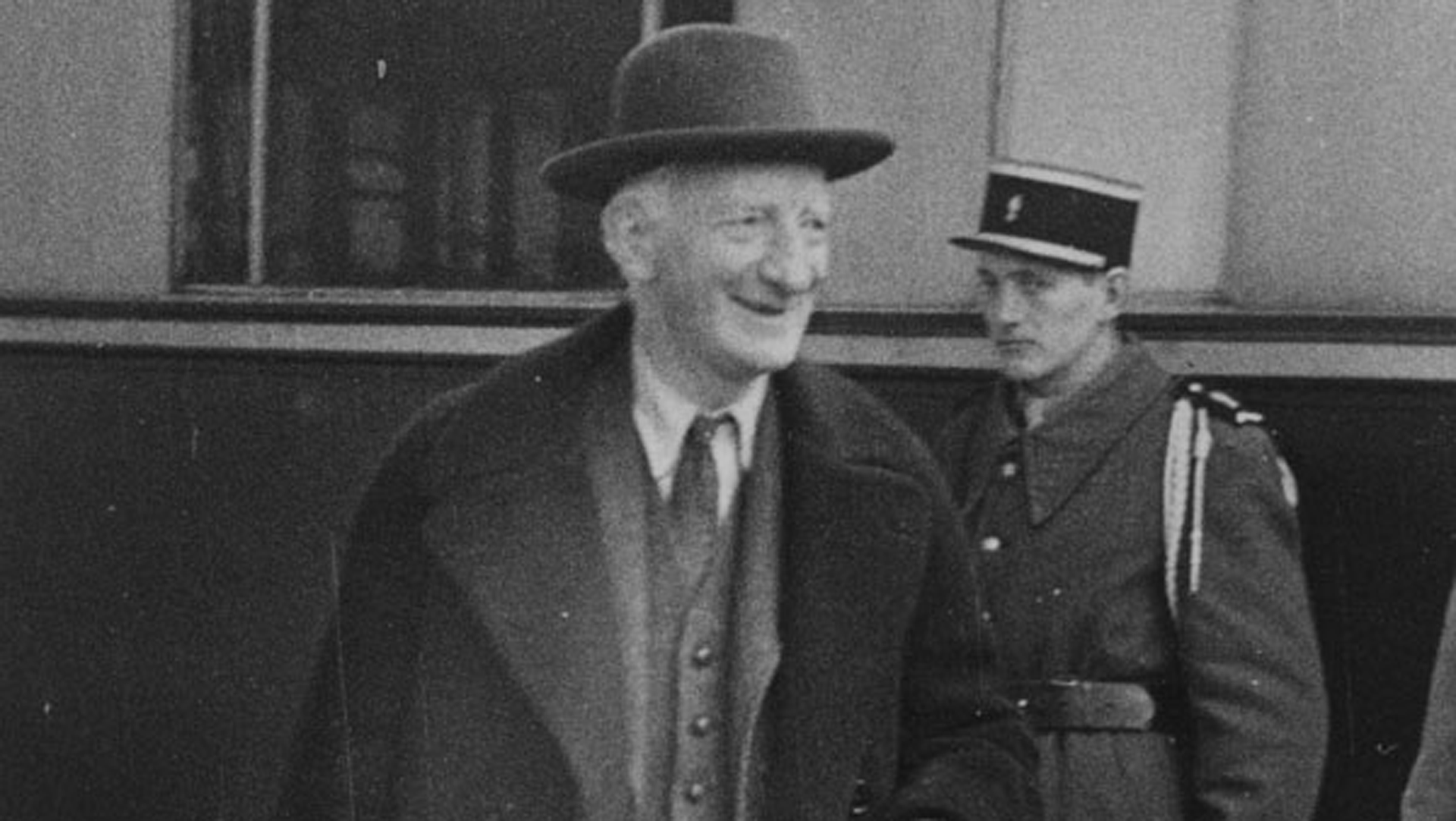
Eighty years ago the publication of The Beveridge Report created a blueprint for the Welfare State. It was a document that fundamentally shaped the role of government in the provision of support to citizens, which remains an integral part of life in the UK today.
In his book, The Making of a Prime Minister, Harold Wilson reflects on a conversation in which Beveridge suggested that the report was “the greatest advance in our history. There can be no turning back. From now on Beveridge is not the name of a man, it is the name of a way of life.” This suggested that the guiding principles set out to Beveridge, to tackle the five evil giants of want, idleness, squalor, disease and ignorance through systematic provision of welfare, would endure. The aim, to support citizens from cradle to grave, has also been one of those enduring elements, but 80 years on there have been several changes to how the UK government seeks to provide welfare support.
Two essential aspects of the Beveridge plan which facilitated the ‘cradle to grave’ symbolism were universalism and comprehensiveness. For Beveridge, universalism sought to reposition welfare support away from an explicit targeting of the poor, to ensure welfare provision encompassed all citizens. This sought to not only generate political support for welfare provision but also ensure high-quality services. Services for the poor often become poor-quality services. Lack of investment and provision would result unless entitlement extended to all citizens. Similarly, the idea of comprehensiveness sought to develop provisions that could support citizens in a whole range of circumstances. This recognised that many of the disruptions to life result from social and economic factors beyond any individual control (ill-health, unemployment, injury, etc). Many of the policies sought to bring together collective pooling of resources, managed by the state, to stave off poverty.
Eighty years later there is some question to ask about whether the system retains this cradle-to-grave ambition. Within social security, in the efforts to tackle the giant of want we have seen significant change. The language around deservingness of support has become more punitive and has sought to restrict entitlement and levels of support. Terms such as “scrounger” and “shirker” have been the language of welfare reform. Such language has grown since the 1980s to reposition social security support and reduce the attention given by Beveridge to the wider socio-economic context.
Consequently there have been changes to child benefit entitlement, the introduction of a benefit cap and policies such as the ‘bedroom tax’ – all designed to limit entitlement to support. For young people the 2010 Spending Review restricted access to housing benefit so that single people under the age of 35
would only receive the shared accommodation rate. Over recent years, in-work poverty has continued to increase, as has use of food banks. Black and ethnic minority people are 2.3 times more likely to be in poverty, precarious working conditions have increased and those who rent are more likely to be in poverty. Furthermore, the value of benefits has fallen over recent years.
Trying to reinvigorate the cradle-to-grave idea of The Beveridge Report will not be easy, but there are three aspects worthy of pursuing. The first is to tackle the language of welfare that is prevalent in political discourse. Returning to the language of universalism and collective protection is perhaps an integral aspect of The Beveridge Report to reinvigorate. This was a missed opportunity that Covid-19 and the subsequent economic challenges could have brought about. Rather, we are seeing a return to austerity narratives which will do little to address deeper structural challenges. Second, some of the restrictions on entitlement that have been imposed as part of the austerity agenda since 2010 need to be rethought and reversed.









